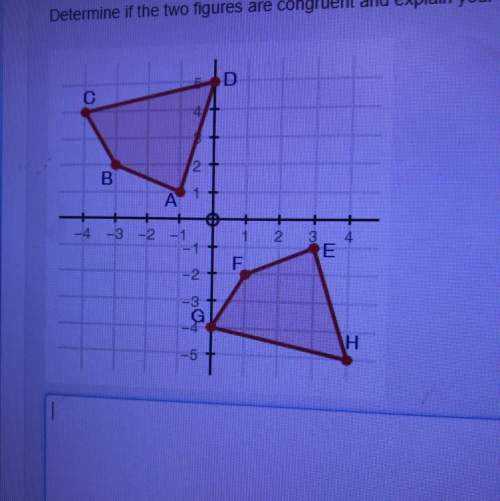
Mathematics, 24.06.2020 20:01, Ksouth13
Which of the following statements are equivalent to the statement "Every integer has an additive inverse" NOTE: (The additive inverse of a number x is the number that, when added to x, yields zero. Example: the additive inverse of 5 is -5, since 5+-5 = 0) Integers are{ ... -3, -2,-1,0, 1, 2, 3, ...} All integers have additive inverses. A. There exists a number x such that x is the additive inverse of all integers. B. All integers have additive inverses. C. If x is an integer, then x has an additive inverse. D. Given an integer x, there exists a y such that y is the additive inverse of x. E. If x has an additive inverse, then x is an integer.

Answers: 3
Other questions on the subject: Mathematics



Mathematics, 21.06.2019 22:00, costel8532
Which of the following graphs could represent a cubic function?
Answers: 1

Mathematics, 21.06.2019 23:30, jordynp2615
In the diagram, ab is tangent to c, ab = 4 inches, and ad = 2 inches. find the radius of the circle.
Answers: 2
Do you know the correct answer?
Which of the following statements are equivalent to the statement "Every integer has an additive inv...
Questions in other subjects:

English, 09.03.2021 01:30









Mathematics, 09.03.2021 01:30


 then y is the additive inverse of x.
then y is the additive inverse of x. 




